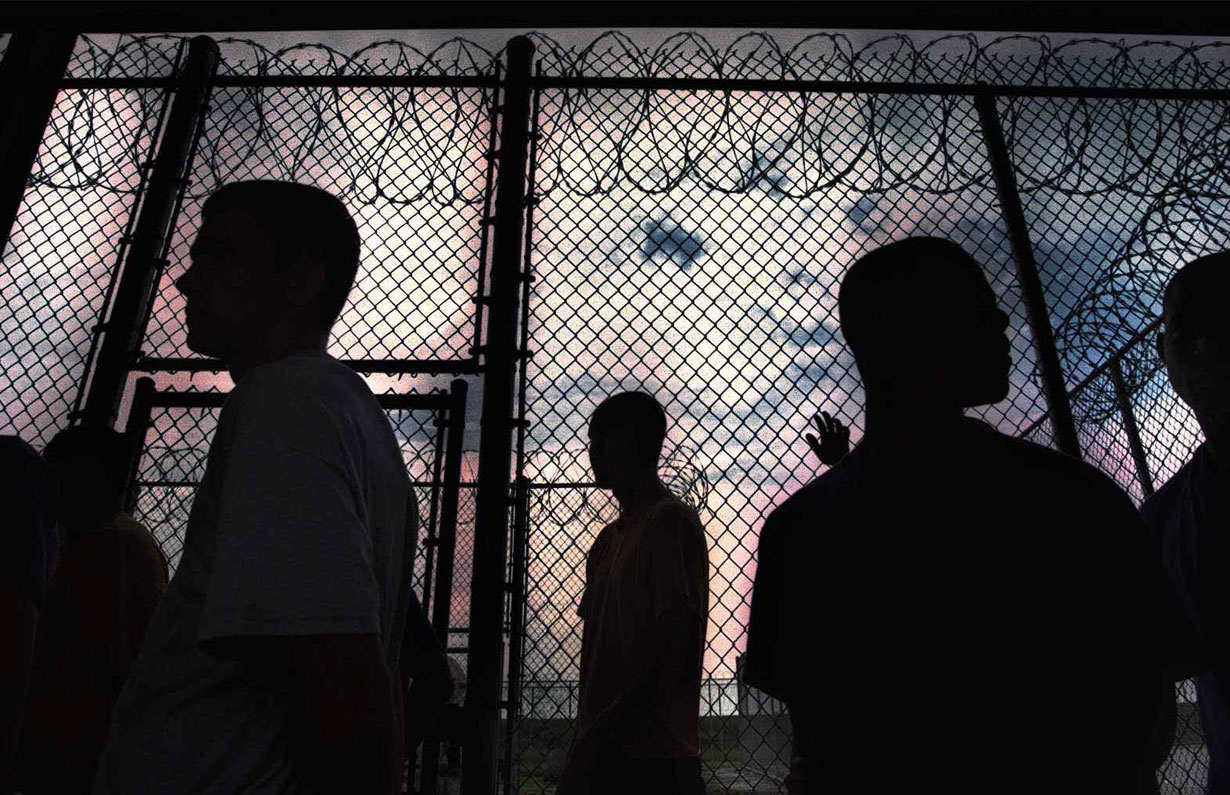What are Restorative Practices?
Restorative Practices are used in workplaces, schools, and in the justice system to build, strengthen, and repair relationships. These approaches are rooted in a philosophy that views wrong-doing as harm to relationships rather than simply infractions of rules.
Recommendations for School Districts, Administrators, Teachers, and Staff
These Recommendations are from the U.S. Departments of Justice and Education…
- Ensure that there are sufficient school-based supportive service providers to work with students and implement tiered supports.
- Provide all school personnel with professional development and training on classroom management, conflict resolution, and de-escalation approaches that decrease classroom disruptions and utilize exclusionary disciplinary sanctions as a last resort.
- Provide cultural awareness training to all school personnel, including training on working with a racially and ethnically diverse student population and on the harms of employing or failing to counter racial and ethnic stereotypes.
- Clearly define and formalize roles and areas of responsibility to govern student and school interaction with school resource officers and other security or law enforcement personnel.
- Involve families, students, and school staff in the development and implementation of discipline policies and communicate those policies regularly and clearly.
- Collect and use multiple forms of data, including school climate surveys, incident data, and other measures to track progress in creating and maintaining a safe, inclusive, and positive educational environment.
- Ensure that the school’s discipline policy emphasizes interventions over disciplinary sanctions that remove students from their regular learning environment.
Ways FOR YOU TO DISRUPT the school-to-prison pipeline…
- Eliminate zero-tolerance policies that do not address the root causes of misbehavior
- Help reduce the use of suspensions and expulsions, with a focus on acknowledging and addressing disparities affecting students of color, LGBTQ students and students, students who are English language learners, students who are immigrants, and students with disabilities
- Clarify the roles and responsibilities of law enforcement, school resource officers and other school security staff through establishing a memorandum of understanding that limits school-based arrests and justice-system referrals
- Train school staff to use restorative practices
Re-Characterization of Student Behavior
- Pushing & shoving———— “Battery”
- Swiping headphones———- “Theft/Robbery”
- Talking Back ——-”Disorderly Conduct”
The Harms of Harsh Discipline
The overuse of suspension, expulsion, and other harsh
disciplinary practices…
- is linked to worse school climate ratings.
- predicts higher rates of future misbehavior.
- is associated with adverse individual and school-wide academic performance.
- increases the likelihood of school dropout.
increases the likelihood that youth will enter the juvenile/criminal justice systems.

